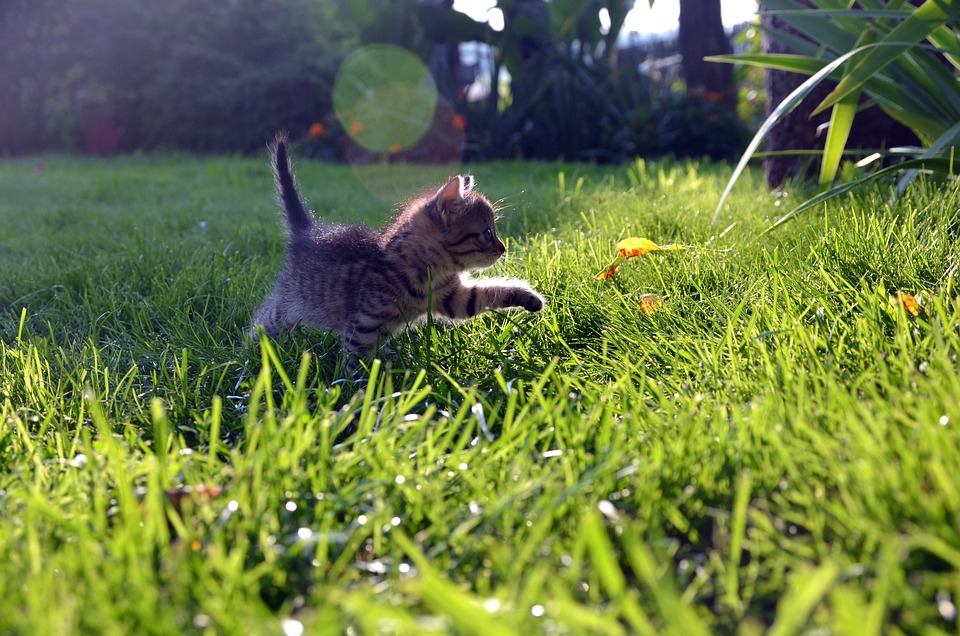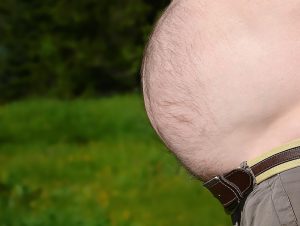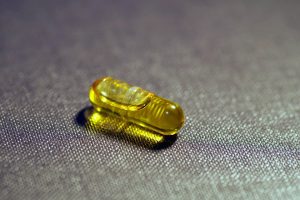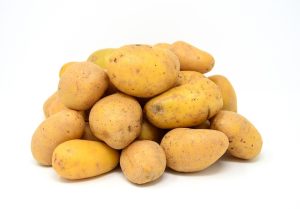
A Guide to Feeding Your Kitten: Nutrition Tips for Growing Cats
Welcoming a new kitten into your home is a joyous occasion, filled with moments of play, discovery, and bonding. However, ensuring your kitten grows into a healthy adult cat requires understanding their unique nutritional needs. This comprehensive guide provides valuable insights and practical advice for both new and experienced cat owners on feeding their kittens.
The Importance of Proper Nutrition
Nutrition plays a crucial role in a kitten’s development. During the first year of life, kittens undergo rapid growth, which requires a balanced diet rich in essential nutrients. Proper nutrition supports immune system development, muscle growth, and cognitive function, setting the foundation for a healthy life.
Understanding Your Kitten’s Nutritional Needs
Kittens have specific dietary requirements that differ from adult cats. Their food must be energy-dense to support their active lifestyle and rapid growth. Here are the key components of a kitten’s diet:
- Protein: Essential for growth and development, kittens require a higher protein intake than adult cats. Look for foods with high-quality animal proteins such as chicken, turkey, or fish.
- Fats: Fats are a primary energy source and are crucial for brain development. Ensure the diet includes healthy fats like omega-3 and omega-6 fatty acids.
- Vitamins and Minerals: Calcium, phosphorus, and vitamin D are vital for bone growth, while taurine is essential for heart and eye health.
Choosing the Right Type of Food
When it comes to kitten food, you have several options. Each type has its benefits and considerations:
Dry Food
Dry food is convenient and easy to store. It helps in maintaining dental health by reducing tartar buildup. However, ensure that the kibble is small enough for your kitten to chew easily.
Wet Food
Wet food is generally more palatable and hydrating, which is beneficial for urinary tract health. It contains more moisture than dry food, making it easier for kittens to digest. However, it is more perishable and needs to be refrigerated after opening.
Raw and Homemade Diets
Some owners opt for raw or homemade diets. While these can be tailored to a kitten’s specific needs, they require careful planning to ensure nutritional balance. Consult with a veterinarian or a pet nutritionist before choosing this option.
Feeding Schedule and Portions
Kittens have small stomachs and need to eat more frequently than adult cats. Here’s a general guideline:
- Up to 6 months: Feed 3-4 small meals a day.
- 6-12 months: Gradually transition to 2-3 meals a day.
Portion size varies based on the kitten’s age, weight, and activity level. Follow the feeding guidelines on the cat food package and adjust as needed, consulting your veterinarian for personalized advice.
Transitioning to Adult Cat Food
Most kittens can transition to adult cat food at about 12 months. This transition should be gradual to prevent digestive upset. Start by mixing a small amount of adult food into the kitten food, gradually increasing the adult food over a week or two.
Monitoring Your Kitten’s Health and Weight
Regular vet check-ups are essential to monitor your kitten’s growth and health. Keep an eye on their weight and body condition. A healthy kitten should have a visible waist and you should be able to feel their ribs without pressing too hard.
Signs of Proper Nutrition
Ensure your kitten is thriving by looking for these signs:
- Shiny, soft coat
- Bright, clear eyes
- Consistent energy levels and playful behavior
- Regular bowel movements with firm stools
Potential Health Concerns
If your kitten shows signs of poor nutrition, such as dull coat, lethargy, or diarrhea, consult your veterinarian promptly. These may indicate dietary deficiencies or other health issues.
Common Feeding Mistakes to Avoid
Even well-meaning cat owners can make mistakes when feeding their kittens. Here are some common pitfalls to avoid:
- Feeding dog food: Dog food does not meet the nutritional requirements of kittens and should never be used as a substitute.
- Overfeeding: Obesity can start in kittenhood. Stick to recommended portion sizes and avoid giving too many treats.
- Inconsistent feeding schedule: Maintaining a regular feeding schedule helps with digestion and establishes a routine.
Conclusion
Feeding your kitten properly is one of the most important aspects of their care. By understanding their nutritional needs, choosing the right food, and adhering to a consistent feeding schedule, you can ensure your kitten grows into a healthy and happy adult cat. Always consult with your veterinarian to tailor your kitten’s diet to their specific needs, and enjoy the rewarding journey of raising a feline companion.
#ChatGPT assisted in the creation of this article.








